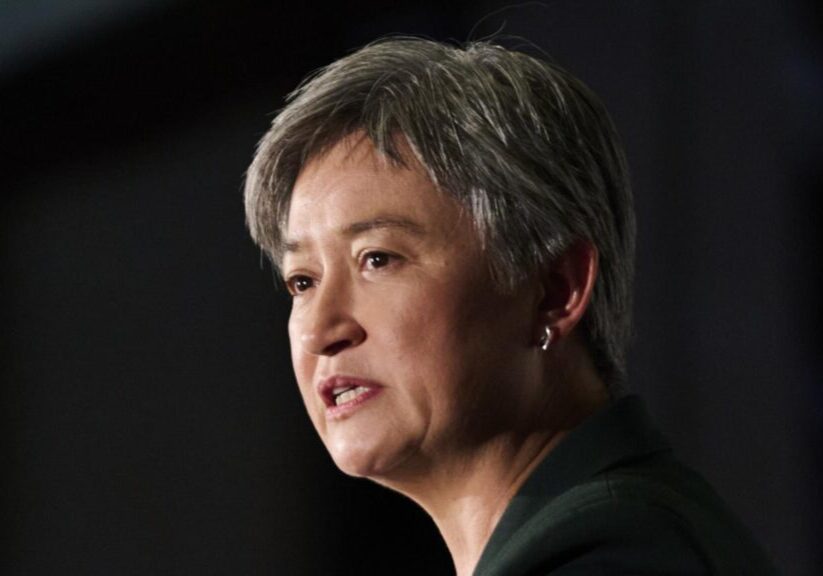IN THE MEDIA
Year of living dangerously
Jul 16, 2007 | Bren Carlill
Bren Carlill
Courier-Mail, July 16, 2007
http://www.news.com.au/couriermail/story/0,23739,22078201-27197,00.html
A YEAR ago this week, the Hezbollah-Israel conflict captured the attention and fears of the world after an unprovoked Hezbollah rocketed Israeli cities, crossed the border, captured two soldiers and killed eight others. Israel replied by striking Hezbollah military targets, many illegally located in civilian areas.
Today, the Hamas coup, a Syrian troop build-up, assassinations in Lebanon and an Israeli political crisis are all linked.
Although Israel failed to recover its soldiers, it destroyed much of Hezbollah’s infrastructure, offering Lebanon an unprecedented opportunity to take back control of its south.
Lebanon squandered that opportunity. It has been weakened by Syria assassinating Lebanese politicians and sponsoring June’s Fatah al-Islam uprising. Hezbollah has been trying to overthrow the pro-West government.
The United Nations has no such excuse. In Lebanon since 1978 to stop private militias, its legal and military ability to disarm Hezbollah was strengthened after the war but it has done little to nothing. Hezbollah knows this and is building fortified positions within sight of UN bases.
If the UN does not want to carry out its mandate, it should leave. By not tackling Hezbollah, it is ensuring the world’s despots will continue seeing UN threats of peacekeeping interventions as meaningless.
Syria mistakenly interpreted Israel’s inconclusive victory over Hezbollah as weakness, prompting it to increase troops on the Syrian-Israel border. It has made numerous “peace or else” statements. If Israel doesn’t agree to Syria’s preconditions for peace, Syria says it “can’t guarantee” there won’t be war.
Israel established a commission to examine the war. It found that Israel’s decision to enter the war was correct, but slammed the Government for the way it went about trying to achieve its war aims. Basically, the commission said, Israel should have gone in harder, with a full ground assault and less reliance on air power.
The resultant political crisis was temporarily defused by the replacement of the inept defence minister with Israel’s most decorated general, former prime minister Ehud Barak.
Meanwhile, Hamas has aped Hezbollah’s methods – from being funded by Iran, to firing rockets at Israel, to smuggling weapons, to building military infrastructure in civilian areas, to entering politics as an armed terrorist group and kidnapping soldiers.
On June 25 last year, Hamas entered Israeli territory, killed two Israeli soldiers and captured a third, Gilad Shalit, who is still in captivity. In June this year, it engineered a well-planned and Iranian-financed coup in Gaza.
The 18 months before the coup saw the world diplomatically boycott the Hamas-led Palestinian government. Hamas is dedicated to Israel’s destruction and refuses to recognise previous Israeli-Palestinian peace agreements. Despite this, in the 12 months after the elections, Palestinians received more aid than they did the year before.
Indeed, Palestinians have now received more money per capita than Europeans did under the Marshall Plan. Palestinians used much of that money to fund their ongoing war against Israel. Israel defended itself, notably by building a barrier between Palestinians and Israelis and closing the borders. This stopped suicide bombers but also trade, as a side effect. Combined with endemic Palestinian corruption, this ruined the Palestinian economy. Thus, terrorism caused Palestinian poverty, not the reverse.
The Gazan coup created two Palestinian entities. Gaza is an Islamist stronghold. Hamas is in charge, and has the responsibility to feed and employ 1.4 million heavily armed people. The question is whether reality will force moderation and see Hamas recognise and deal with Israel. The Taliban didn’t moderate. There’s little reason to believe Hamas will.
After the coup, Palestinian President Mahmoud Abbas dissolved the government and installed an emergency cabinet. To Abbas’s credit, the respected former World Bank economist Salam Fayyad is the new prime minister. The corrupt goons have been dumped.
This government has effective control over the West Bank only, where Israel’s military presence prevented Hamas taking over. Its only chance at ending the corruption and getting the Palestinian Authority back on track lies in a parallel attempt to disarm the “security” and terrorist militias in the West Bank. These must be unified and they must actually police rather than turn their weapons on Israel or rival Palestinians.
Statements aside, the emergency government has done little, but it’s early days. Israel is making goodwill gestures and the world is opening its wallet. In 10 years, the world will look at 2007 as a pivotal year.
For Palestinians, it will be when they either took their first steps to responsible self-government or fated themselves to failure. For Lebanon, it will be whether it and the UN arrested the increasing strength of Hezbollah, thus preventing it from starting another war.
Bren Carlill is a policy analyst at the Australia/Israel & Jewish Affairs Council
Tags: Israel











